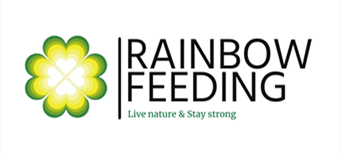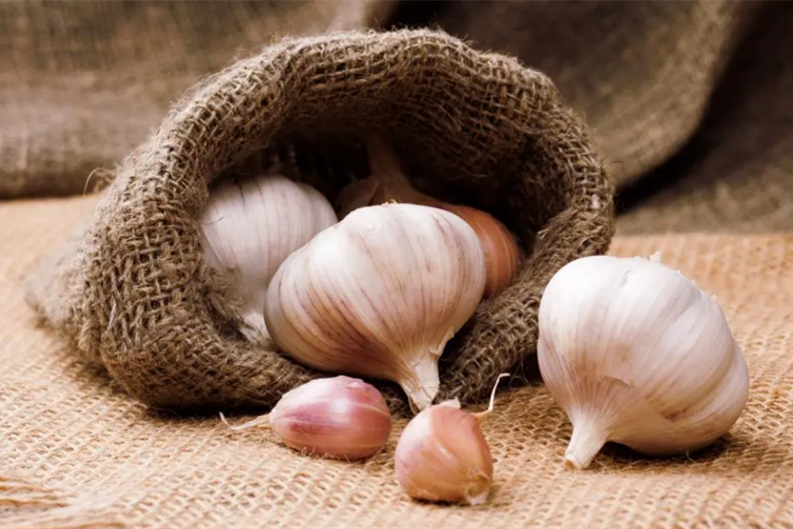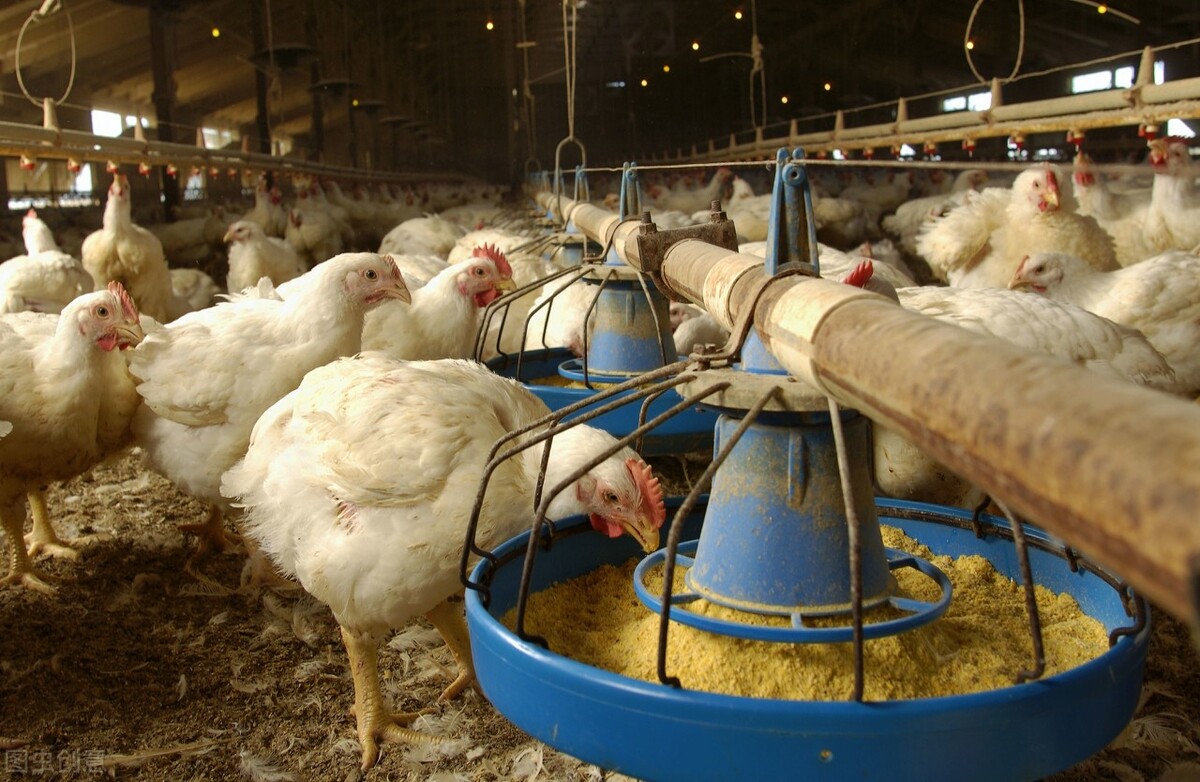What Does Garlic Extract Do For Chickens?
Garlic is known as a “natural antibiotic” and is recommended by Time magazine as one of the 10 best nutritious foods. It contains garlic polysaccharides, thiamine, riboflavin, niacin, allicin, citral and trace elements such as selenium and germanium. Allicin has antibacterial, anti-inflammatory and antioxidant effects. It is produced by the hydrolysis of allicin by allicase. Garlic also contains some special physiological active substances, such as superoxide dismutase, so garlic has antibacterial and anti-inflammatory, anti-cancer, treatment and prevention of cardiovascular disease, improves somatic immune function and protects the liver and other physiological effects. In the farming industry, allicin can be used as a natural feed additive to effectively improve the growth and health of animals raised. This article will introduce the benefits of using garlic extract to feed chickens, including increasing egg production, improving meat quality, promoting growth, anti-stress and so on.
What’s Garlic Extract?
Garlic extract is quite strong, pungent, and bitter-tasting powder, sometimes liquid or oils. At present, the main extraction methods of allicin are steam distillation, solvent extraction and supercritical CO2 extraction. Among them, steam distillation is one of the commonly used methods with low cost, simple equipment and good stability. Supercritical CO2 extraction is a new extraction and separation technology, which is safe and reliable. It has the advantages of no solvent residue and good retention of the active ingredients of raw materials and is widely used in the food field, medicine and other fields. Allicin can also be extracted by combining ethanol leaching with supercritical CO2 purification.
How does garlic extract work for chickens?
Increases Appetite
Garlic extract has a strong and stimulating garlic odor, which can replace other flavor agents in feed to stimulate taste buds, oral and intestinal mucosa, stimulate olfactory nerves, effectively improve feed odor, stimulate livestock and poultry to produce a strong feeding effect, improve feed intake in chickens, resulting in higher weight gain, feed efficiency, and poultry production. Studies have shown that adding an appropriate amount of allicin to the feed can improve the laying rate of chickens and reduce the feed cost. This is because allicin can stimulate the digestive system of chickens, promote the absorption of nutrients, and improve the utilization of feed.
Enhances meat and egg quality
Garlic polysaccharide belongs to the fructan of inulin, which is used by intestinal probiotics to form intestinal dominant flora dominated by probiotics, which can inhibit the proliferation of pathogenic bacteria. Garlic extract effectively regulates the formation of amino acids that stimulate the production of aroma in meat, increases the production of aroma ingredients in animal meat or eggs, and reduces the smell and odor in chicken, thus improving the quality of animal meat or eggs. Eggs from chickens fed garlic extract may have higher omega-3 content and improved shell and yolk quality.
Boost immunity
The phytochemicals in garlic boost immunity by increasing antibody production and disease resistance in poultry. Allicin has antibacterial, anti-inflammatory effects, and has a strong killing effect on both gram-positive and Gram-negative bacteria, and can effectively inhibit the occurrence of common diseases in livestock and poultry and improve chicken immunity. Adding allicin to feed can promote the growth of chickens, shorten the breeding cycle and improve the breeding efficiency. At the same time, allicin can also improve the resistance of chickens to disease, reduce the use of antibiotics, and ensure the safety of chicken. In addition, garlic polysaccharide also has the ability to enhance resistance, accelerate metabolism, promote cell growth and reproduction, and inhibit pathogens and viruses on the body’s B, and T cells. This results in healthier chickens.
Antioxidant
Some research indicates garlic extract has anti-stress effects in chickens under transport or high stocking density conditions. That’s because Allicin has antioxidant effects, which can remove free radicals in the body and delay aging. Adding allicin to feed can improve the antioxidant capacity of chickens, reduce oxidative stress reaction and prevent diseases caused by oxidative damage. At the same time, it can also improve the reproductive function of chickens, and improve the quality of eggs and hatching rate.
Antimicrobial and anti-parasitic Effects
Allicin and other compounds have antibacterial, antiviral, antifungal and anti-parasitic properties. This helps help control internal parasites and worms in chickens, suppress the growth and reproduction of certain parasite species, and prevent disease and infections in chickens when fed regularly.
How do you add garlic to chicken feed?
Garlic oil and garlic extract powder designed for poultry provide standardized dosing and are easier to accurately blend into feed. Most research indicates that garlic extract at levels of 1-2% of the total feed is effective and beneficial for chickens. This equals about 10-20 lbs of garlic per ton of finished feed. Going above 2% garlic may impact palatability and feed intake, so it’s best to stay in the 1-2% range. Start younger chickens on the lower end with around 1% garlic powder. Increase to 2% as they mature for maximum immune and gut health benefits. note that pairing garlic extract with prebiotics like fructooligosaccharides can boost synergistic effects in the gut microbiome. Closer observation of any changes in eggs, meat or manure smell or taste with higher garlic diets. Reduce the dose if there are any issues.




